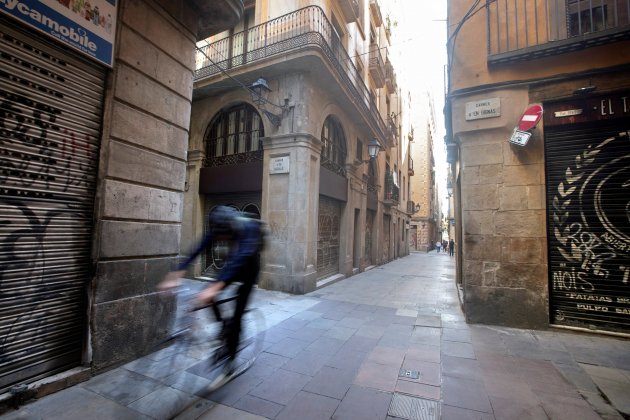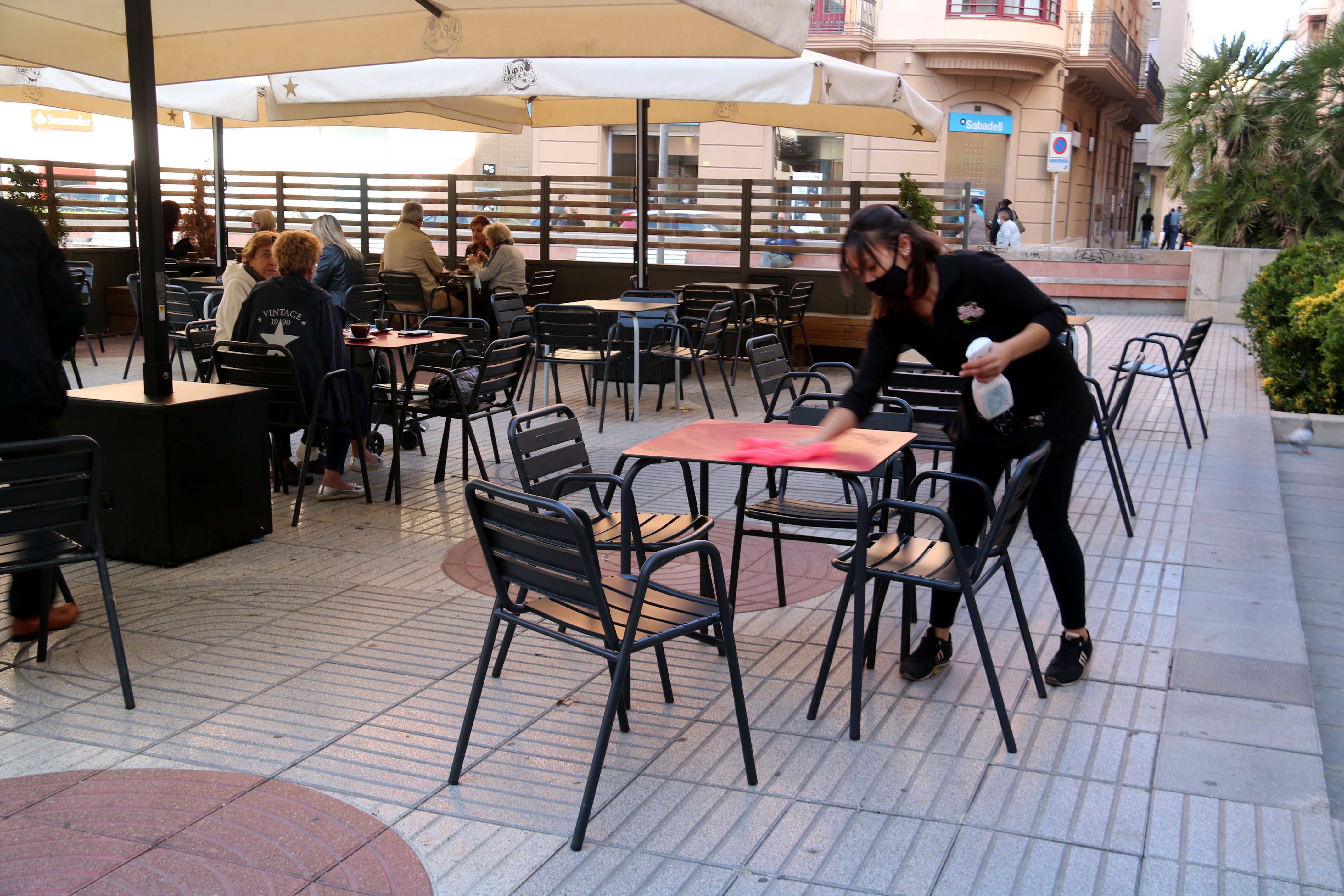The secretary general of the Catalan health department, Marc Ramentol, says that intended new restrictions to combat the second wave of coronavirus in Catalonia are planned to come into force this Friday, and he indicated that they will affect mobility and sectors such as the hospitality industry, although he did not go into detail.
Speaking to radio station RAC1 this Tuesday, he acknowledged that the measures will be "strong", but ruled out perimeter confinement, because Catalonia is now at the beginning stage of growth in cases, after weeks of stabilization. "We're committed to carrying out a forceful intervention", he said, adding that it will involve "personal sacrifices" but be as brief in terms of time as possible.
Ramentol argued that if action is taken early and forcefully, the degree of effectiveness of the measures will be increased exponentially. Health authorities are now working with the different sectors involved, but it has already been suggested that the bar and restaurant area will be one of them, as it is one of the places where most social interaction takes place.
In any case, he differentiated the Catalan management of the pandemic from that of the Community of Madrid, where "they are acting late and have fallen short".

Barcelona / EFE
As for restrictions affecting universities, he asserted that they will not be closed, but that efforts will be made to ensure that theory-based classes - such as standard lectures - are held electronically to reduce the associated mobility, which is the main objective of the measures to be passed in the new resolution which the government is preparing. "It's about having a worse autumn to have a better winter. Everything we don't do now we'll have to do later and harder," he summed up.
The impact on health care is starting to show
Ramentol explained that with this onset of growth in case numbers, the impact at care level is already beginning to be felt, with increases in occupancy of both intensive care and general hospital beds. More patients are also beginning to be treated at emergency rooms, but he has reiterated that the situation is far removed from that of March, because the epidemic is being monitored much more closely and the circumstances of patients diagnosed are "very different" now.
Among the causes of the current upsurge, he says that there is an element of "public relaxation", and admitted that although new restrictive measures have been in force in Barcelona since July, they have not avoided this rise in cases.

